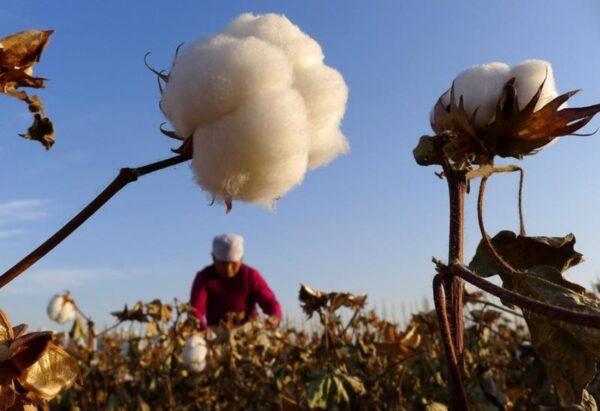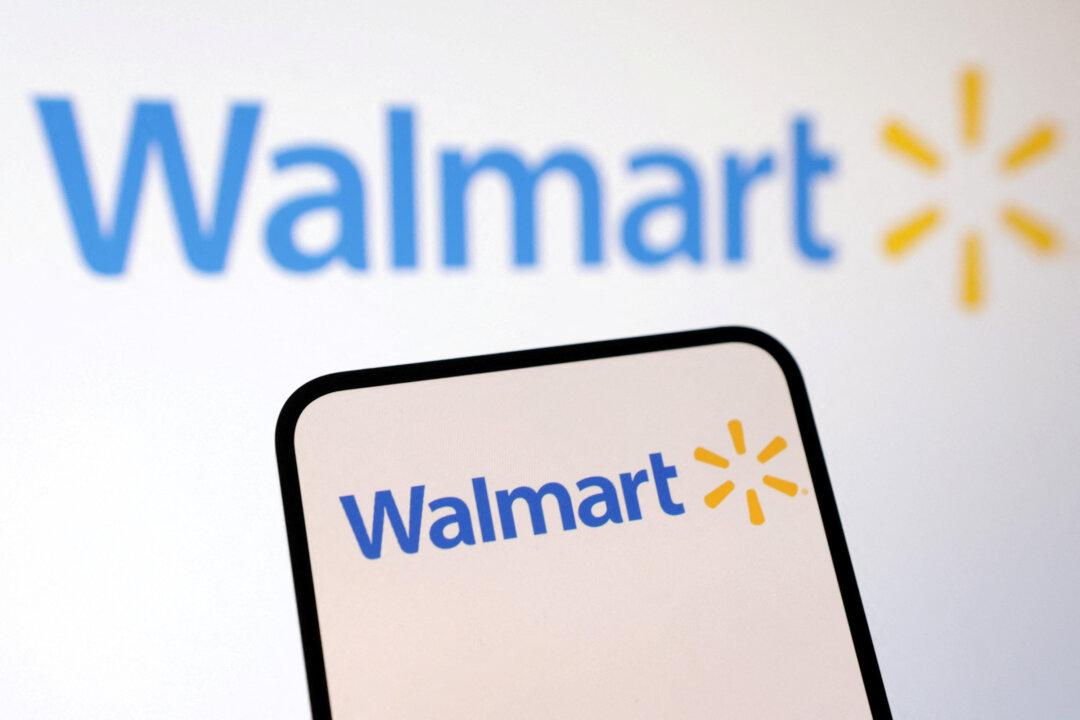WASHINGTON/BEIJING—The Trump administration expanded economic pressure on China’s western region of Xinjiang, banning cotton imports from a powerful Chinese quasi-military organization that it says uses the forced labor of detained Uyghur Muslims.
The U.S. Customs and Border Protection agency said on Dec. 2 its “Withhold Release Order” would ban cotton and cotton products from the Xinjiang Production and Construction Corps (XPCC), one of China’s largest producers.
The action follows a Treasury Department ban in July on all dollar transactions with the sprawling business-and-paramilitary entity, founded in 1954 to settle China’s Far West.
Department of Homeland Security Secretary Kenneth Cuccinelli, who oversees the border agency, called “Made in China” a “warning label.”
“The cheap cotton goods you may be buying for family and friends during this season of giving—if coming from China—may have been made by slave labor in some of the most egregious human rights violations existing today in the modern world,” he told a news conference.
Cuccinelli said a region-wide Xinjiang cotton import ban is still being studied.

China’s Foreign Ministry spokeswoman Hua Chunying responded by saying that U.S. politicians “concoct false news about forced labor so as to suppress Chinese firms and China.
“All workers in Xinjiang choose their occupations based on their own volition and sign labor contracts with firms based on the principle of equality and free will,” she told a news conference on Dec. 3, adding that the ban contravenes international trade rules and would hurt consumers everywhere.
Broad Impact
While the Treasury sanctions target XPCC’s financial structure, the action will force apparel firms and other companies shipping cotton products to the United States to eliminate XPCC-produced cotton fiber from many stages of their supply chains, said Brenda Smith, CBP’s executive assistant commissioner for trade.“That pretty much blocks all Chinese cotton textile imports,” said a China-based cotton trader, who asked not to be identified because of the sensitivity of the issue.
Identifying cotton from a specific supplier will sharply raise manufacturing costs, and only a few large companies with fully integrated operations across the complex textile supply chain could guarantee that no XPCC product has been used, the trader said.
“It really depends on how much proof they want. If they want real proof that this cotton has not been used, that’s going to be extremely difficult,” he added.
Major clothing brands including Gap, Patagonia, and Zara owner Inditex have told the Thomson Reuters Foundation that they didn’t source from factories in Xinjiang—but that they couldn’t confirm that their supply chains were free of cotton picked from the region.
XPCC couldn’t immediately be reached for comment. The China National Textile and Apparel Council declined to comment. The China Cotton Textile Association couldn’t immediately be reached.
In September, CBP considered a much broader import ban on all cotton and tomato products from Xinjiang, but after dissent from within the Trump administration, it announced narrower bans on products from specific entities, including two smaller cotton and apparel producers.
Democratic presidential candidate Joe Biden has pledged to work with U.S. allies to bring pressure on China to curb human rights and trade abuses. Trump in recent weeks has increased action against major Chinese state companies, banning access to U.S. technology and investments.





